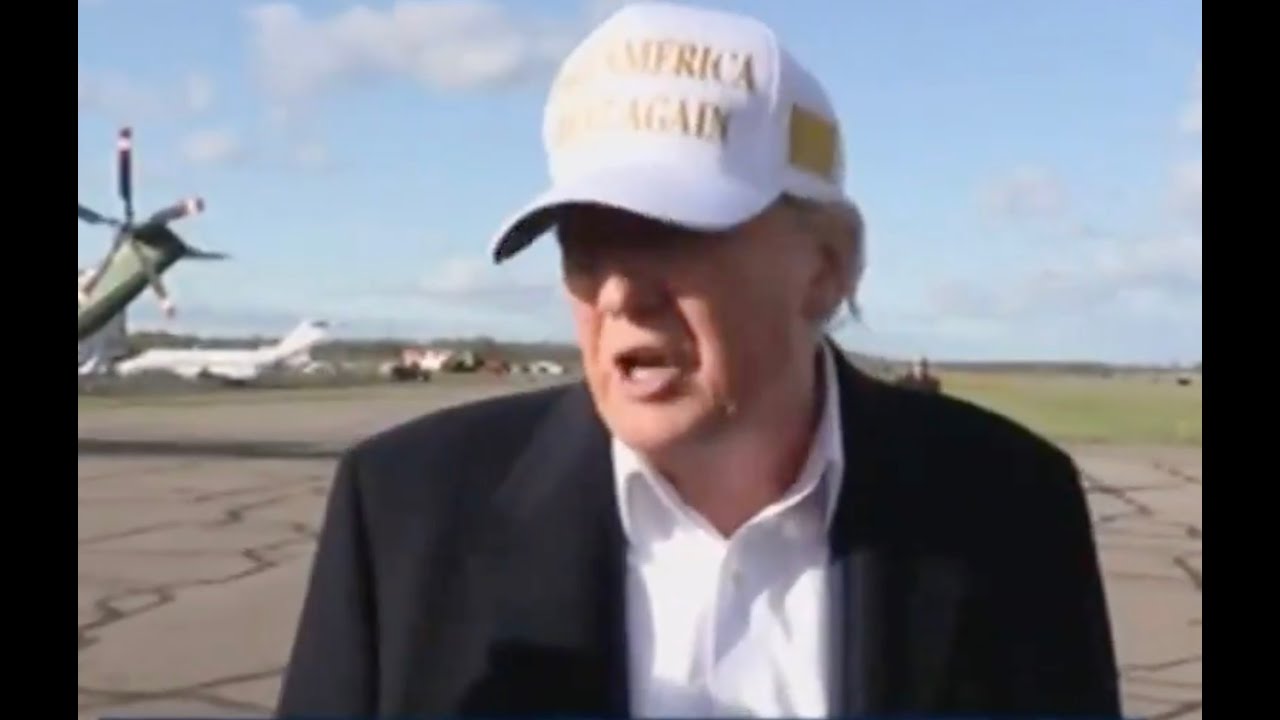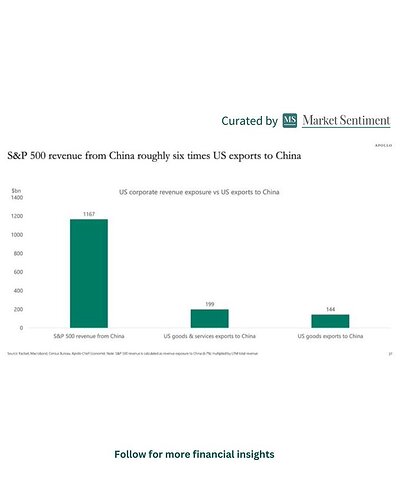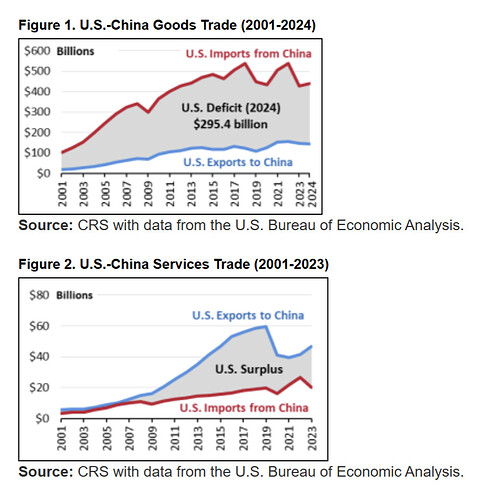It is utter madness to advocate for tariffs on the basis of eliminating the "evil trade deficit." Trade deficits are neither bad nor good, they are simply facts of life in a world where countries have diverse wealth profiles. The US having trade deficits with other countries means ONLY that the US is wealthier.
In fact, the US is the wealthiest country in the history of civilization. It is only natural and expected that it's citizens would buy more goods from the world than the world buys from us. Somebody should sit Trump down and explain that a trade deficit is NOT the same as a personal or business deficit. On the contrary, it is a marker of the US' outstanding success based on the principles of its 249-year old constitution.
Should we somehow also manipulate the price of houses because a fireman cannot afford the same 5-bedroom mansion as the CEO of a successful public corporation? Is that fireman, doing the worthwhile life's work he chose for himself, experiencing a "housing deficit" that must be resolved by government intervention?
Mercantilism and trade manipulation has always been a go-to of extreme far-left and communist regimes. That a president with an 'R' beside his name would take them up as his cause du jour says more about Mr. Trump's lack of understanding about economics than anything else. After all, he did fail at nearly every one of the businesses he ever launched. Time Article
The United State's policies on taxes (which is what tariffs are) were established within the purview of Congress by the US Constitution. Yet somehow, Trump has been able to hijack that power by declaring a nonexistent emergency. I ask you, where were all the headlines decrying the horrible trade imbalances that were ruining everyday American's lives before January 20th?
I personally don't recall Americans demanding that a new $6 trillion tax be assessed on their everyday purchases, do you? The US has not been a power in worldwide manufacturing since the 1950s. The US, as a mature economy, will never be able to compete with low-wage emerging economies for manufacturing supremacy. Today, the US is a service economy, and I don't think anyone (except maybe undocumented immigrants) are hankering for the jobs at the new factories that won't be built.
Why would any business executive sign off on the building of an expensive new factory, that takes years to fund and build, when the entire tariff fiasco will go away in four years under a new administration?
In my opinion, this entire economic malfeasance is one of the worst examples of national self-harm in history. Mr. Trump is single-handedly destroying the US economy, which was truly the envy of the world when he inherited it only a few months ago.


